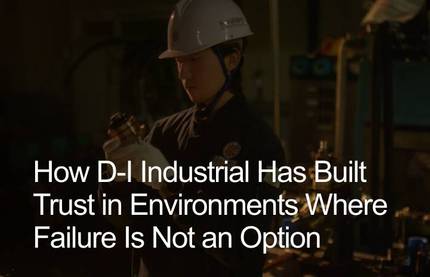Moore Stephens’ annual survey, which indicates the direction of ship operating costs, suggests that crew wages, repairs and maintenance, along with drydocking are the costs that are most likely to increase most significantly this year and next, says a report from BIMCO.
It is a survey of industry experts’ best guesses, as nobody has a crystal ball in these matters and much of the interest comes from the remarks they make as they produce their assessments.
The respondents, mainly owners and managers in Europe and Asia suggest that vessel operating costs across the board will rise by 2.8% this year and 3.1% next year.
It may not be what anyone wants to learn, just at present, with decent returns so hard to come by in most shipping sectors, but it may not be altogether unexpected.
There are a large number of new regulations “biting” everyone, bringing the need for capital expenditure to remain compliant. And while the costs of the most competent seafarers will rise this is precisely because there are rather fewer of them than the best employers would like.
Other reasons for cost increases, it is suggested by respondents to the survey, are attributable to the high bargaining power of the oil majors, the advent of more sophisticated machinery aboard ship and stricter rules regarding maintenance and repairs carried out in ports, where the ship’s crew, who might be able to do the job cheaper, are forced to give way to more expensive contractors.
It is also pointed out that in the marine equipment and services sector, the power of the buyers is being somewhat eroded by consolidation of fewer, larger companies, who are able to price accordingly.
There is no secret that ship managers are having to work harder in a furiously competitive market, and to retain their business are being required to look after much more for much the same management fees.
And in a maritime world with considerable overtonnage in many sectors and depressed freight markets all the pressure will be on owners to control costs to remain competitive.
There were some interesting observations, notably one respondent anticipating “staggering” levels of cost increases, due to redundancy in electronic navigation and communication equipment.
Maybe this too is no surprise, as electronic equipment ashore quickly becomes outdated in a world of rapid technical development. Increases in port dues are also mentioned as likely to affect costs in the medium term.
There were several observations about crew cost increases, some attributable to the administrative costs of implementing the Maritime Labour Convention 2006.
Also, hanging over many owners heads will be the Ballast Water Management Convention with implications for heavy capital sums to be required as it comes into effect. When this will be is yet to be determined, just as is the outcome of the climate talks in Paris next month















